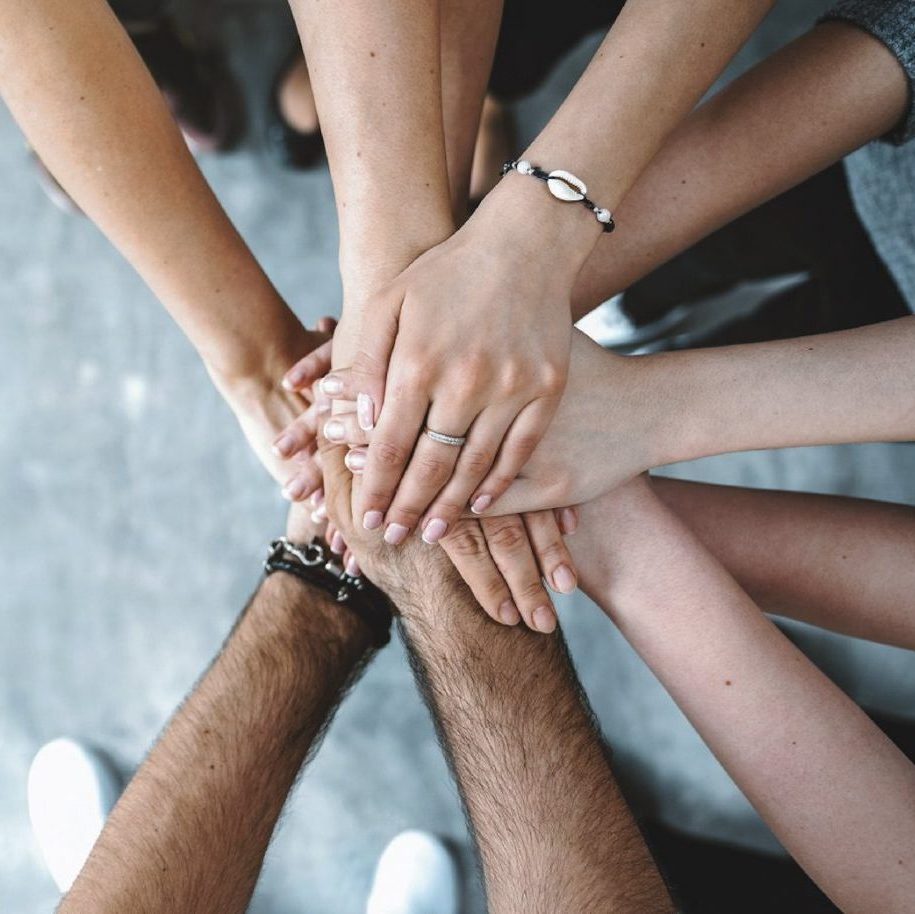Rhonda Frank, April 8, 2021
What is Loneliness?
Loneliness is a feeling of being alone. You can be in a room full of people and still feel alone.
What is Social Connectedness?
One of the main causes of loneliness is a lack of social connectedness. Social connectedness creates a feeling that you belong or that you are close to others.
This has always been an issue but has worsened substantially since the COVID-19 pandemic was declared in Nova Scotia. Social isolation has since reached epidemic proportions throughout our province leaving a negative impact on our emotional and physical health. Minority groups such as people who identify as LGBTQ2+, who are a visible minority, and those with mobility issues are particularly susceptible to social disconnect. Majorities tend to expect the isolated to make the steps to become less isolated. But it’s a mutual process. Just getting “out there” doesn’t necessarily “fix” the issue. Even when the door is finally opened, the act of flying is so alien that the cage itself often represents the only security. Now more than ever, we need to be mindful of our own mental health and that of others in our community as well.
So How Do You Find Social Connectedness?
We can use many different paths to reach and connect with people, including but not limited to art, peer support, organized sports, food and education. Mental Health and Wellness Nova Scotia’s focus is on providing Peer Support. Peer Support groups play an integral part in helping improve social connections within our communities, especially in our rural communities. Peer Support groups can be held in-person or online. Both options allow for great connections within a safe, non-judgemental environment. Online groups have the added benefit of security for the attendee, whereas they do not have to leave the comfort of their own space. This helps to include people with mobility issues, social anxiety, health concerns and transportation barriers. Peer support groups help to create deep connections with others. Supporters provide a non-judgemental listening ear when needed. They offer a safe person to confide in and relate to. With proper training, Peer Support Specialists can help to give peers the tools needed to improve their own mental health and wellness. ‘Give a person a fish and you feed them for a day, teach them to fish and they will flourish’. Peer Support Specialists are also trained to help others who may be in a crisis and aid in getting the proper support that is needed. Mental Health and Wellness Nova Scotia offer Online Peer Support groups for youth (12+) and adults throughout the province. We are a new initiative and are hoping to expand our reach by supporting Peer Supporters province-wide.


Comments are closed